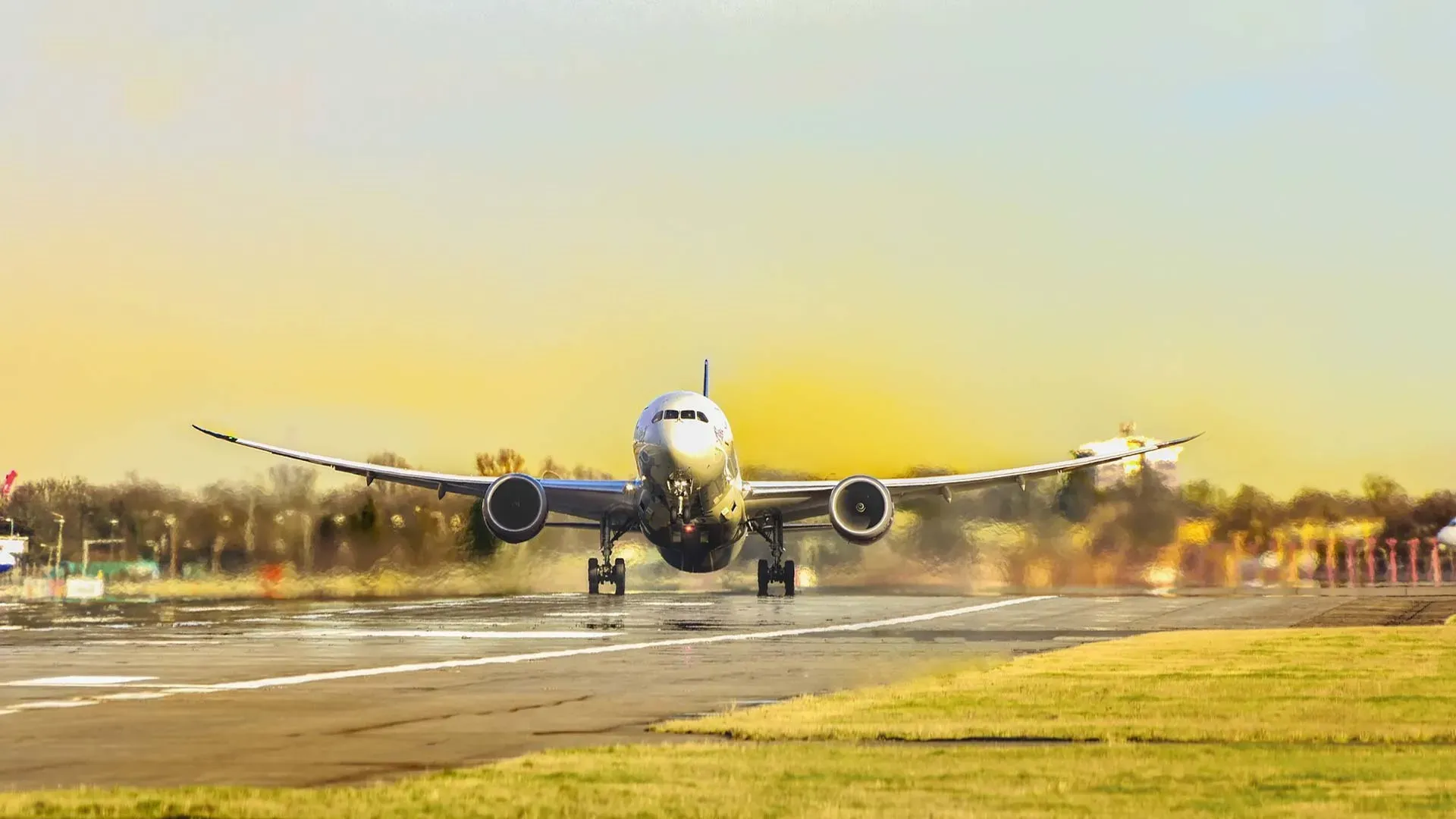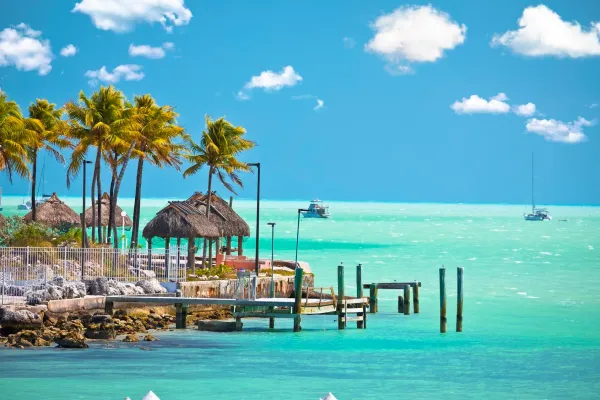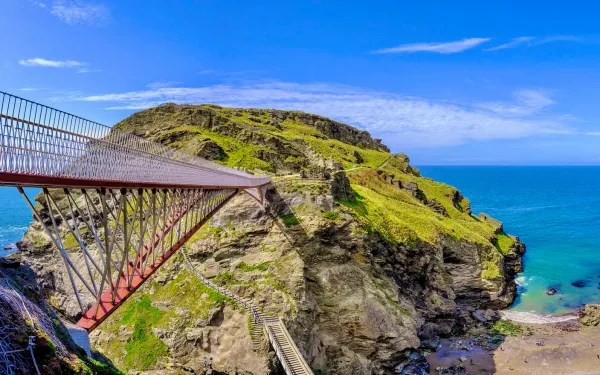Unusual Trend: 10 European Countries Prioritize Road Investments Over Rail in the Last 25 Years
Discover how 10 European countries have defied the spending norm, investing more in road infrastructure than rail systems over the past 25 years. Explore this unconventional approach and its potential implications for transportation development.

Revealing Report: European Countries Opting for Road Expansion Over Railways
Recent research has raised alarms about a substantial decline in Europe's rail network over the past 30 years, accompanied by a significant surge in road investments. However, as the funding disparity between the two sectors narrows, there might be a glimmer of hope at the end of the once-neglected rail tunnel.
Data from German thinktanks Wuppertal Institute and T3 Transportation, commissioned by Greenpeace, reveals a 60% growth in Europe's motorway length from 1995 to 2020—equivalent to 30,000km. In stark contrast, the railway network witnessed a decline of 6.5%, approximately 15,650km, and saw the closure of over 2,500 railway stations.
Greenpeace EU senior climate campaigner, Lorelei Limousin, underscores the stark prioritization of cars over rail by governments, as reflected in these statistics.

Read Also
Lorelei Limousin emphasized, 'For millions residing beyond urban areas, car ownership becomes a necessity to commute to work, transport children to school, or access essential services due to limited or non-existent public transportation.'
She pointed out, 'This situation is a consequence of governments dismantling local and regional rail networks while directing substantial funds towards road development.'
However, amid the grim research findings, there is a glimmer of hope: the funding gap is narrowing.
From 1995 to 2018, European nations allocated a staggering 66% more funds to road infrastructure than railways. Subsequently, in the period of 2018-2021, spending on road extensions surpassed railways by 34%.
Nevertheless, Limousin emphasized that the difference remains alarming.
She stated, 'Governments and the EU need to halt the dismantling of our rail networks, revive inactive railway lines, and prioritize investments in rail infrastructure. Moreover, substantial subsidies for road development, contributing to climate degradation, air pollution, and deteriorating quality of life, should be reconsidered and diverted.'
Which European countries have made financial investments in public transportation?
Trains stand out as a notably eco-friendly mode of transportation, with only 0.4% of Europe's transport emissions attributed to rail, while cars, vans, and trucks contribute to a significant 72%.
However, governments persist in directing substantial funding towards polluting car infrastructure. Over the period of 1995-2020, the EU-27 countries, along with Norway, Switzerland, and the UK, allocated approximately €1.5 trillion to road infrastructure and a lesser €930 billion to rail.
Among European nations, ten countries witnessed a net increase in their railway network lengths since 1995. Notably, Belgium, Croatia, Estonia, Finland, Ireland, Italy, Netherlands, Slovenia, Spain, and Switzerland reported growth.
On the other hand, major railway closures occurred in Germany (a reduction of 6,706 km), Poland (a reduction of 4,660 km), and France (a reduction of 4,125 km). Despite these reductions, these three nations still maintain the longest total network lengths, followed by the UK and Spain.
Between 2018 and 2021, Austria, Belgium, Denmark, France, Italy, Luxembourg, and the UK demonstrated a greater investment in rail infrastructure compared to roads. Conversely, other countries favored road investments. Romania, in particular, stood out with a significant disparity, as the government allocated 12 times more funds to roads than to rail.
Motorways experienced substantial growth in Ireland, Romania, and Poland, while the increase was least in Lithuania, Latvia, and Belgium. Notably, in 15 out of the 30 countries analyzed, the motorway length more than doubled, with significant growth seen in Spain, Norway, and Greece.
What are the proposed actions by researchers to improve the European rail network?
Numerous European nations have initiated affordable public transportation fares to combat emissions. Germany's 'Deutschlandticket,' priced at €49 per month, has been purchased by over three million individuals.
However, affordable fares alone are insufficient. Greenpeace is urging policymakers to redirect funds from motorways and airports towards railways, public transportation, and cycling infrastructure.
The researchers advocate for the potential reopening of more than 13,500km of disused railway lines, stating it can be achieved relatively straightforwardly.
Pointing to European nations' commitment to reducing energy consumption and addressing transport-related disparities in line with the Paris Agreement, the report authors emphasize the need to reallocate funding for transport infrastructure in a manner that aligns with these social and environmental objectives.






